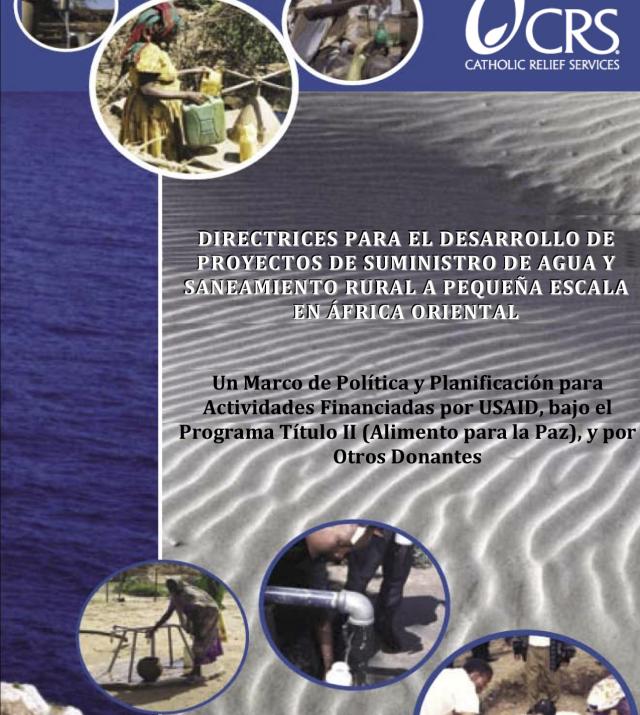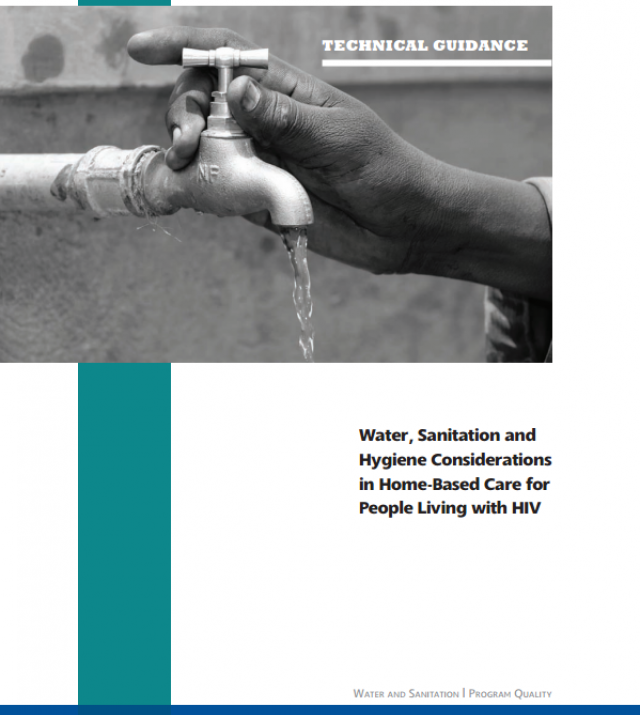
Guidelines for the Development of Small Scale Rural Water Supply and Sanitation Projects in Ethiopia and East Africa

These documents constitute general guidelines for the planning and implementation of Title 11-funded water and sanitation activities in rural Ethiopia and East Africa. It is the result of a cooperative effort by the USAID Mission to Ethiopia and the non-governmental organizations (Cooperating Sponsors) participating in the Title II (Food for Peace) Program to improve the effectiveness, environmental protection and long-term sustainability of water supply and sanitation activities carried out in food insecure areas of Ethiopia and East Africa.
The origin of these guidelines was a cooperative effort between the USAID Mission to Ethiopia and the non-governmental organizations (Cooperating Sponsors) participating in the Title II (Food For Peace) Program to improve water and sanitation project planning in Ethiopia. As a result of a 1999 USAID-funded field study of Title II water and sanitation projects in Ethiopia, many weaknesses in environmental protection and project sustainability were identified. To address these weaknesses, USAID sponsored a March 2003 workshop, organized by CRS/Ethiopia and attended by all Cooperating Sponsors, to formulate guidelines for the 1 development of rural water and sanitation projects in Ethiopia. The resulting guidelines were approved by USAID for use in Ethiopia by all NGOs working under the Title II program.
It is expected that the regional guidelines presented here will be used by CRS country offices and revised, as needed, to account for conditions and requirements specific to each country. CRS country offices are encouraged to modify these guidelines to suit country-specific needs. At the same time, it is recommended that any modifications remain within the parameters set by the Title II program, since USAID is expected to continue as a major source of funds for CRS water and sanitation projects. And finally, the guidelines are not intended to be restrictive but rather to encourage development that is likely to be sustainable and have potential for enhanced health benefits in the project communities.

